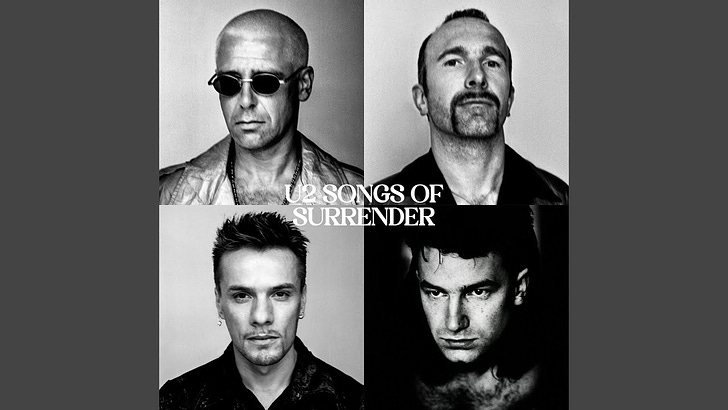Greg Mitchell is the author of a dozen books and now writer/director of award-winning films. He was also a longtime editor of the legendary Crawdaddy.
Did not plan to return here, after vacation, until tomorrow but I was inspired to quickly post something below, after spotting an error, or at least a misleading assertion, by an old friend in The New York Times this weekend.
My esteemed former Crawdaddy colleague (1978-1979) and lead Times music critic for four decades, Jon Pareles, wrote a lengthy piece on the new U2 activity, which includes an Apple+ program with David Letterman (Bono and Edge only) and a release with stripped down versions of 40 of their olde songs, plus plans for a tour with, gasp, a substitute drummer. All well and good, though Jon has mixed feelings about all of it, until he comes to reviewing one of the new takes, for “Sunday Bloody Sunday.”
Now, as it happens, years ago I came to research a good deal about the January 1972 massacre in Derry after viewing one of the finest movies of this century, Paul Greengrass’s Bloody Sunday, so I was shocked to see Pareles claim that it is “a song about a terrorist bombing during Ireland’s ‘troubles’.”
Update: The Times has now posted a correction on the piece—perhaps due to attention I brought to the error?
It may be “about” more than one thing but it is not mainly about “a terrorist bombing.” Instead it was likely inspired by, and originally focused on, the shooting and killing of 14 Catholic teens and adults by British paratroopers. It’s true that the band, fearing attacks that it was taking a partisan stand on the “troubles,” later issued statements claiming it was not “a rebel song” (whatever that means) and was actually about the long cycle of violence and reprisals on all sides in Ireland.
Of course, this is undermined by its very specific title, not to mention the topical opening line, “I can’t believe the news today” followed by “Broken bottles under children's feet / Bodies strewn across the dead-end street,” images directly from facts and photos of the 1972 tragedy. U2 even released a new acoustic version in January 2022 to mark the 50th anniversary of the murders. Bono would declare then, “It was a day that caused the conflict between the two communities in Northern Ireland — Catholic nationalist and Protestant unionist — to spiral into another dimension.”
Yes, there was an earlier infamous “Bloody Sunday” in Ireland, back in 1920, but all the deaths there were also caused by gunfire, not “a terrorist bombing.” And it’s telling that U2 also allowed the use of their song to close the Greengrass film about the 1972 slaughter. If you take U2’s broader claim, you could say that the lyrics by extension also denounce the many deadly explosions, but it’s certainly not mainly “about a terrorist bombing.”
Anyway, below, a couple of versions of the song...Meanwhile, please subscribe, now that I’m back, it’s still free!
The original, over clips from the Greengrass movie.
Here’s the new stripped down version.




Two great movies I've only been able to bring myself to watch once, "Bloody Sunday" and "The Wind That Shakes The Barley". Someday I may be able to revisit them.
Thanks for clarification on the "most likely" intent of U2's "Sunday Bloody Sunday". Great song, greater band.